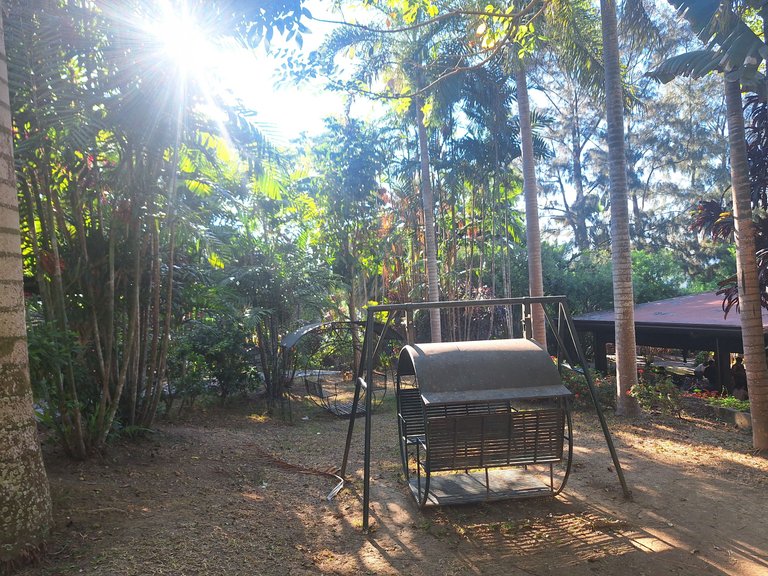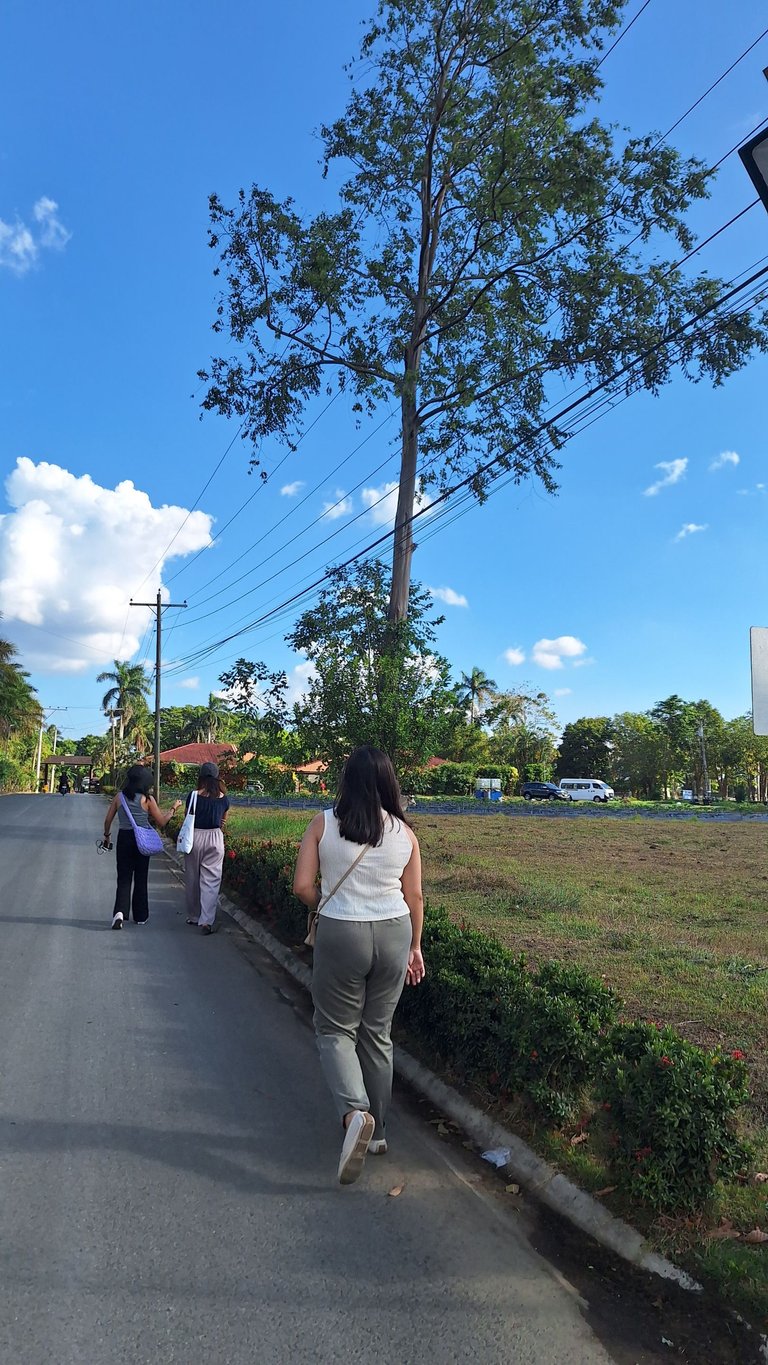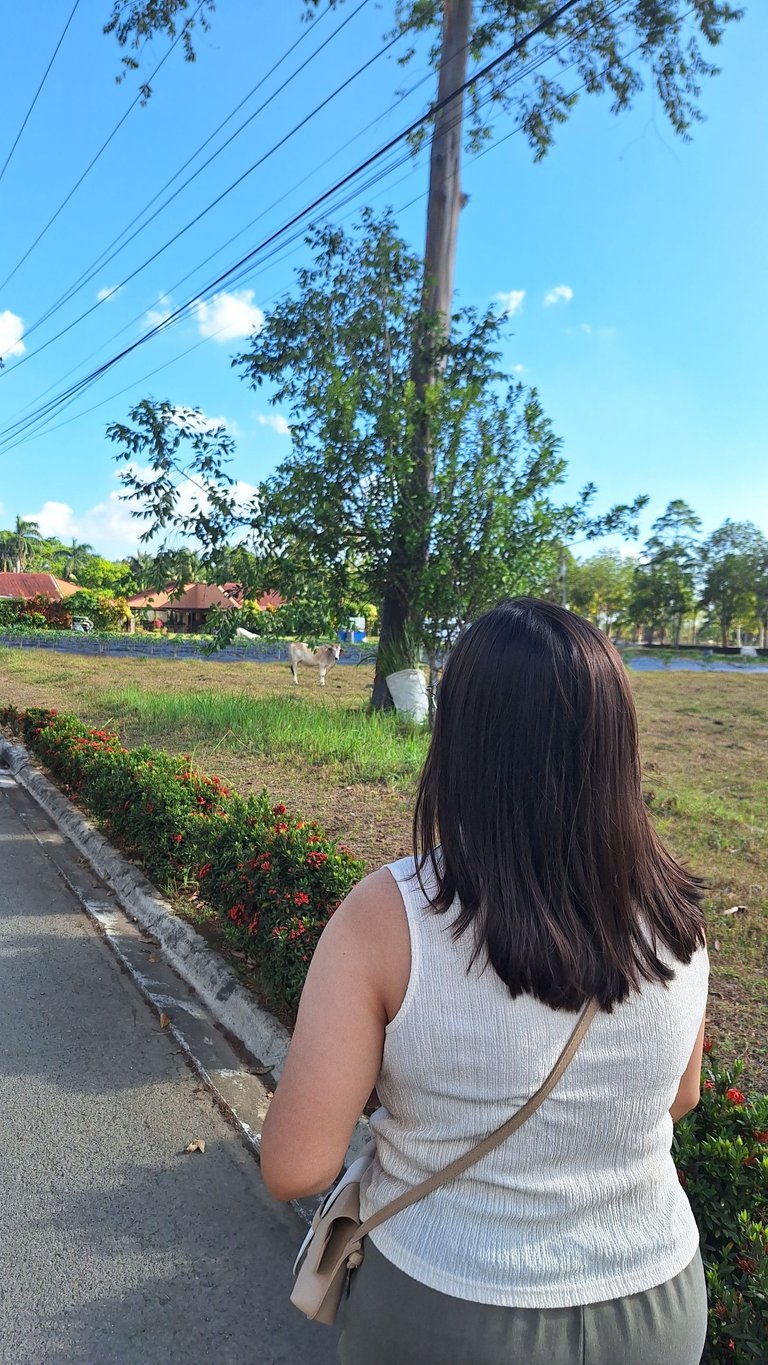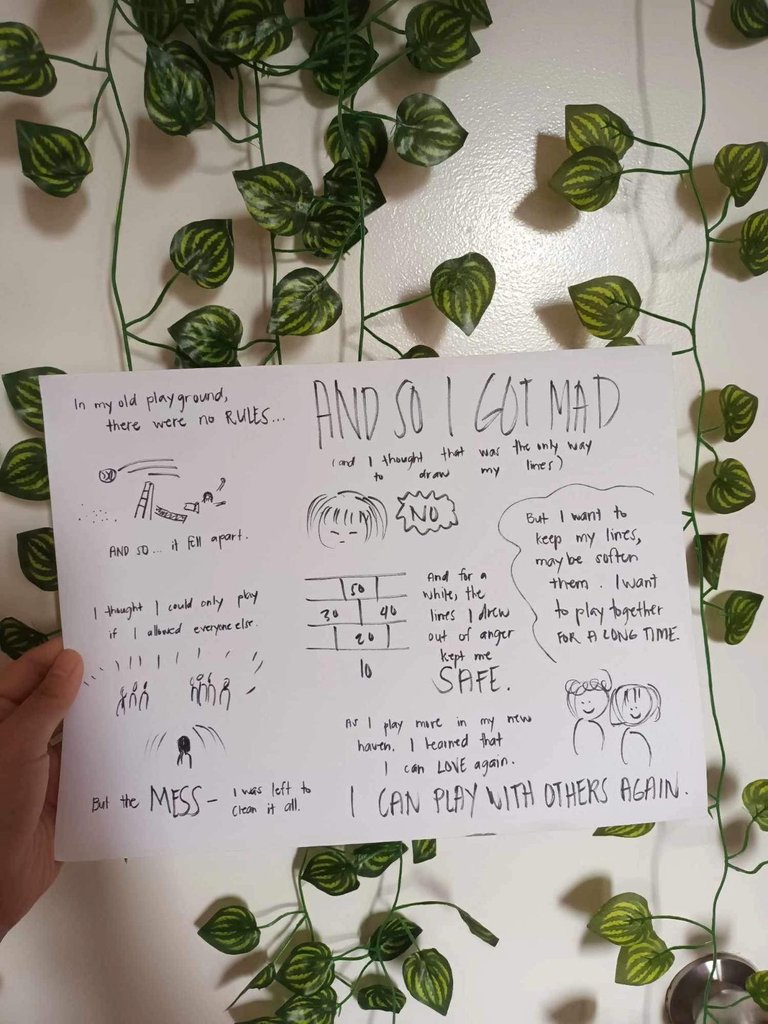
Being an adult who’s learning to properly set her boundaries for the first time, I have to sit with a lot of icky feelings. My belated realizations come with rage and resentment for how I was treated in the past. They also come with a sense of pride that I shouldn’t be treated like that ever again. These become reflected in my current life when I encounter people who cross my lines now. Although warranted and valid at times, I find myself being more explosive when expressing my anger or irritation. I just get so protective of myself because I don’t want a repeat experience of my past.
Aside from that, I still struggle with upholding my boundaries. In the first place, it’s difficult to express that I have a boundary… it would be so much more peaceful if I was perfectly agreeable. And even if I’ve communicated my terms, making sure they are respected would require me to constantly speak up and be honest. That’s the part I don’t always do. At least not yet.
I know that in both situations, there’s plenty of room for improvement. I have to heal my past anger and forgive myself for the boundaries I did not set. I have to accept that it’s not about blaming myself for not communicating better but it’s about acknowledging that I didn’t know how to and there’s a truth in my background setting me up to fail. It’s also seeing that there is a fault in me trying to be the good guy and just accepting the blows. Because I wasn’t true to my past self, I built up resentment against people I used to love. There’s no guarantee that they would’ve listened to me back then, but maybe there could’ve been a chance if I was also honest, if I knew how to set my boundaries.
On the other hand, I do need more practice for communicating openly. I need to remember that the 1% I keep scooching my line over for, eventually becomes 10%, then 20% and so on. There are situations that will call for me to tolerate things, to forgive the slight trespassing, but if deep down, I see myself being bothered by it, I should be more expressive. People don’t always know what I feel, especially when I hide it.


Why is it so hard to set healthy boundaries?
Aside from the reasons I shared, there are other reasons why people struggle with setting healthy boundaries.
Salerno illustrates how our situations growing up can affect our relationships with boundary setting.
“A lot of us have grown up in a family with no boundaries or with blurred boundaries, so we don’t always know that we have the right to set our own boundaries.” Reid also echoes this saying, “If you grew up surrounded by people who set poor personal boundaries, managing proper ones can be a challenge. You might think that invading other people’s personal space is normal because your parents and siblings regularly did it to you.”
Another reason pointed out by an article from the Cleveland Clinic is the fear of rejection or confrontation.
“Sometimes, if we fear confrontation, setting healthy boundaries can seem frightening. You may worry about rejection or feel guilty for putting boundaries in place, but it’s important to know that it’s your right to carve out the space you need for the things that will make you happy, free and safe at the same time,” it said.
In addition, if you’re a people pleaser, or you’re in a codependent relationship, knowing how to separate your feelings from someone else’s can be difficult. Low self-esteem and an overly agreeable personality can also make setting healthy boundaries challenging.
Reid says, “ If you’re too eager to please other people, you might allow them to do things that make you uncomfortable. Maybe you regularly overcommit to activities or agree to help people because you simply want to be loved and accepted.” He adds, “You might feel as if your needs and wants aren’t worth vocalizing, or that you don’t have an identity of your own. Instead, you prioritize what other people want. As a result, people fail to recognize your discomfort.”
It’s actually all a balancing act, and since boundaries are not exactly black and white, it’s important to constantly check on ourselves and our relationships and adjust depending on the situation. Reid emphasizes this, saying “Boundaries aren’t etched in stone. You’ll need to adjust them as circumstances change and relationships grow. This can be especially true in long-term relationships. Communication is important as you reevaluate and revise your boundaries. You want the other person to be clear on the change and the reason behind it.”

So, with that, we jump to the question: how do we set boundaries?
Jo Nash, PhD shares his answer. “Setting healthy boundaries requires self-awareness. We need to be clear about our expectations of ourselves and others, and what we are and are not comfortable with in specific situations. Setting healthy boundaries requires good communication skills that convey assertiveness and clarity.” He adds, “Assertiveness involves expressing your feelings openly and respectfully. It does not entail making demands, but it requires people to listen to you.”
Brooten-Brooks (2023) wrote example boundary exercises that we can use when we feel tongue tied.
Use "I" statements:
- I feel ______ when _____ is said to me.
- When this happens______, I feel_____.
When you feel disrespected:
- I don't like the way I'm being spoken to right now.
- I would like to talk about this but now is not the right time.
- I would prefer to discuss this when we can be calmer about it.
Buy yourself some time:
- I'm not sure right now. Can I come to you once I've thought about it?
- I need more time to think, but I will get back to you.
When you want to say "no" with a little more explanation:
- I would love to, but my plate is really full right now.
- I would if I could, but I'm unable to help with that right now.
- I really appreciate the invitation, but I'm not interested in participating.
How do you respond when someone else sets a boundary?
In our journey of learning about boundaries, it is not only important that we learn about our own but also we should acknowledge that other people around us have their own set of limits. Just as we would not want others to feel offended when we communicate our needs, we should be open-minded when people communicate their needs, even if it might be contrary to our own.
On instances when another person sets a boundary, Reid advices some ways that we can respond:
- Take time to breathe and listen. If you’re feeling upset, deep, slow breathing can calm your nervous system’s “fight or flight” response. This makes it easier for you to receive information rather than prepare for an argument.
- Accept that the person setting the boundary knows what is best for them. If something truly doesn’t work for you, communicate your needs so that you can both reach a compromise.
- Remember that you both have your own way of processing and feeling emotions. Try not to assume what your partner needs before they say it out loud. Allow them space to voice their needs and wants.
- Apologize when necessary. You’re only human, and we all make mistakes. Maybe you accidentally overstepped a boundary by making an offensive joke or oversharing when you’ve been asked not to. When someone reiterates the boundary, be humble enough to apologize for your mistake. Ask for clarity if you feel you need it. (Sheldon Reid, HelpGuide.Org)
I end this article with the core of why we set boundaries and why we respect other people’s boundaries. At the heart of it all, we set these terms and expectations because we love and because we love we want to keep the balance and longevity of our relationships. Because we value ourselves and other people, we want to achieve harmony and we try to communicate better even if that could be difficult at times. Through setting boundaries, we also show that we love ourselves and emphasize that we are worthy of love. We also show the world the way we want to be loved and respected and we give ourselves plenty of room to be authentic.
Looking at it now, setting boundaries has really helped me achieve a sense of balance and honesty. I am able to navigate my relationships with respect and I have been becoming a more authentic version of myself.

What my playground looks like now
In my old playground, there were no rules. I wanted my playground to be everyone else’s favorite place, and so I welcomed them in, believing that happiness meant everyone could do whatever they wanted. When they left, however, I was left to deal with the mess, and I found that cleaning up most of the time left little room for play. And so, as everyone came and went as they pleased and as I kept letting them in, my playground eventually fell apart.
When the rubble settled, I drew up lines. I built walls to protect myself. These boundaries granted me space to rebuild and create the playground I would actually enjoy.
After some time, I felt like I wanted to invite playmates in again. I was experiencing so much joy and peace that it only felt natural to share. However, at the back of my head, a voice warned me about my playground collapsing again.
I turned to my lines, the ones that kept my space safe. With child-like resolve, I softened the edges. Maybe I can let playmates in again but this time, we will respect the playground and the play. In my heart, I know that there are people I really love and I want to keep playing together for a long time.
Hello internet friends! What a tough topic to talk about huh? Still, I'm glad for this research and healing rabbit hole. This post was actually also the topic of Season 2 Ep 4 of my podcast. You can also listen to it here (“When Pigs Fly”).

Pauline is a digital marketer and occasional speaker for Creative Writing. Outside work, she pursues passion projects such as writing essays, poems, and short stories, composing songs and filming videos.
As a storyteller on multiple platforms, Pauline has also attempted to create multimedia content through her YouTube channel (pollenpiggy) and a podcast she hosts (“When Pigs Fly”). You can find her at @pollenpiggycreates or at [email protected].
Congratulations @pollenpiggy! You received a personal badge!
You can view your badges on your board and compare yourself to others in the Ranking
Check out our last posts: